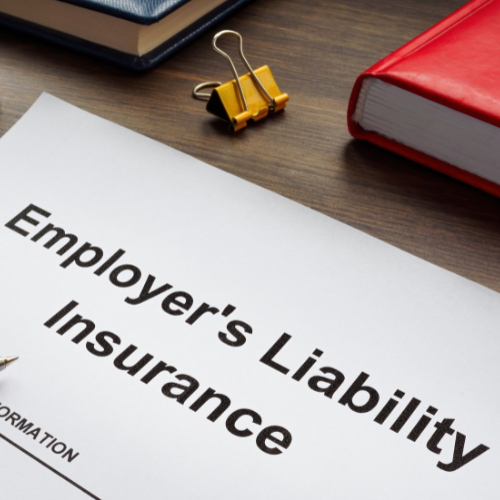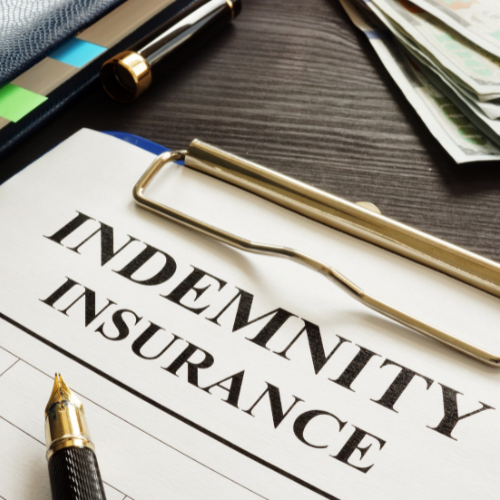Services
Personal Protection
Life protection is a hugely understated benefit. Make sure your loved one is covered in the event of your death.

The cover is designed to provide a lump sum or income for a loved one in the event of your death.
This product is usually designed to pay off a mortgage you may have, or to provide monies as a family benefit. In the event of death, it ensures that, there are adequate funds available for the remaining members of the family, so they can continue with their standard of living. Life insurance can also be used for the protection of a business if a key person dies.
Yes, especially if your mortgage is repayment-based. Many people take out mortgage life insurance to ensure the debt is cleared if they die, so their family isn’t left with the burden.
Life insurance payouts are generally free from Income Tax and Capital Gains Tax. However, they could be subject to Inheritance Tax unless written in trust.
Yes. Businesses often use life insurance to cover key employees or partners to protect against financial loss if a crucial team member passes away.
A serious illness can hit hard. Make sure you’re covered when life takes a turn.

This cover gives you a lump sum payout if you’re diagnosed with a major illness like cancer, heart attack, or stroke. It helps cover your medical bills, support your recovery, and make up for lost income. It’s financial peace of mind when your health is on the line.
Commonly covered conditions include cancer, heart attack, and stroke, but policies can include up to 40+ illnesses. Always review the insurer’s list as definitions and coverage may vary.
No. Your lump sum payout is independent of any treatment you receive from the NHS and is yours to use however you need—medical or personal expenses.
Sometimes. You can buy it as a standalone policy or add it to a life insurance plan. It will only pay once—upon critical illness diagnosis or death, not both.
We all work hard, and our income is valuable. But what would you do if your income unexpectedly stopped coming in?

Our income is valuable as are the things we spend our money on. But what would you do if your income unexpectedly stopped coming in?
An accident, sickness or disability can happen to anyone at any time. Income protection products are designed to provide you with the peace of mind that should the worst happen, you will be able to continue to support your cost of living and lifestyle.
An income protection product can provide you with a monthly benefit of up to 70% of your gross monthly income. You can choose from a one day to a 24 month deferment period. Depending on your situation, benefits are available from one year to retirement age based on your preference.
Most UK policies provide up to 70% of your gross monthly income if you can’t work due to illness or injury, helping cover essential living expenses.
This is the waiting period before your payments begin—ranging from 1 week to 12 months. Choosing a longer deferment usually lowers your premiums.
Yes. Income protection is especially valuable for self-employed individuals who don’t receive sick pay from an employer.
Get the care you need without the financial stress.

Health insurance helps pay for doctor visits, hospital stays, tests, and treatments. Whether it’s a routine check-up or an unexpected emergency, this cover makes sure you get quality care—without worrying about the cost.
Private medical insurance (PMI) usually covers consultations, diagnostics, surgery, hospital stays, and access to specialists. It complements the NHS by reducing waiting times.
Yes. PMI doesn’t replace the NHS—it gives you faster and more flexible access to non-emergency treatment. Emergency services, GP care, and maternity are often still NHS-based.
Yes, most UK insurers offer family plans or allow you to add dependents to your policy, often at a discounted rate.
Get In Touch
We’d love to hear from you! Whether you have a question—drop us a message or book a call now and we’ll get back to you as soon as possible.
General Insurance Construction and Property Industry
The core of business insurance. Protection against claims from the public and employees for damage to property and injury.

It’s not what we can arrange for you, it’s how we do it. Getting under the skin of your business enables us to assess the risks you are exposed to. Risks you may not have considered, but we know exist, because that’s our job.
It’s all about business continuity and “what would happen if”. Understanding this, we can engineer your insurance programme.
No, it’s not legally required, but it’s strongly recommended—especially in construction—since it protects against claims for injury or property damage caused to third parties.
It covers legal costs and compensation if a third party (like a member of the public or a client) is injured or their property is damaged due to your business activities.
Yes, subcontractors often need their own cover. Even if you’re hiring them, it’s your duty to ensure they’re adequately insured, or you could be held liable.
The core of business insurance. Protection against claims from the public and employees for damage to property and injury.

It’s not what we can arrange for you, it’s how we do it. Getting under the skin of your business enables us to assess the risks you are exposed to. Risks you may not have considered, but we know exist, because that’s our job.
It’s all about business continuity and “what would happen if”. Understanding this, we can engineer your insurance programme.
Yes, if you employ staff (even part-time or temporary), you must have employers’ liability insurance by law, with a minimum cover of £5 million.
It covers claims from employees who are injured or become ill as a result of working for you. This includes legal costs and compensation payments.
Yes. The Health and Safety Executive (HSE) can fine you £2,500 for every day you operate without valid cover.
When you’re building, the last thing you want is a setback you can’t afford.

This cover protects your construction projects from damage, accidents, or theft. It also includes liability for injuries or property damage during the job. So you can build with confidence, knowing you’re backed up from start to finish.
It covers physical damage to a construction project, tools, equipment, and on-site materials. It can also include public and employer’s liability in one policy.
Builders, developers, subcontractors, and property owners involved in construction or renovation projects often take out this cover.
Yes, but you must specify whether subcontractors are labour-only (under your control) or bona fide (working independently), as this affects liability coverage.
Mistakes happen—make sure they don’t cost you everything.

If you give professional advice or services, this cover protects you against claims of negligence or errors. It’s designed to cover legal fees and compensation costs if a client says your work caused them a loss. Essential for consultants, advisors, and freelancers.
Architects, engineers, surveyors, and design consultants—anyone offering design, advice, or technical services—should have this cover.
It protects against claims of negligence, errors, or omissions in your work that cause financial loss to a client. It covers legal defence and compensation.
Not always legally required, but often mandatory under contract terms or by professional bodies like RICS or the ARB.
If you run a busy property portfolio, it might help to insure everything in place.

Your property business is no doubt unique to you and protecting your assets correctly is our specialism. Avoiding under-insurance and identifying all exposures, together we can arrange your insurance program to thoroughly protect you.
Property owners insurance is designed for landlords or commercial property owners—it covers buildings, liability, and loss of rent, unlike standard home insurance which is for owner-occupied homes.
Yes. You can arrange a portfolio policy to cover multiple properties under one plan, often at a more competitive rate.
Yes, it often includes property owners’ liability insurance to protect you if a tenant or visitor is injured on your premises.
Protect your property. Support your income.

This insurance covers your rental home against damage from fire, storms, or tenants. It may also cover loss of rent and liability claims. Whether it’s a condo or multi-unit space, you stay protected while your tenants stay safe.
No, but it’s highly recommended. Mortgage lenders often require it, and it offers tailored protection beyond standard home insurance.
Landlord insurance covers building damage, liability for tenant injuries, loss of rent, and may include contents (for furnished properties).
Policies can be extended to include malicious or accidental damage by tenants, but this may not be included as standard—check your policy details.
